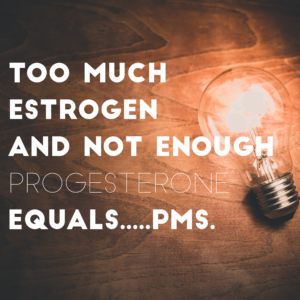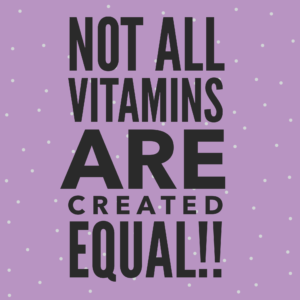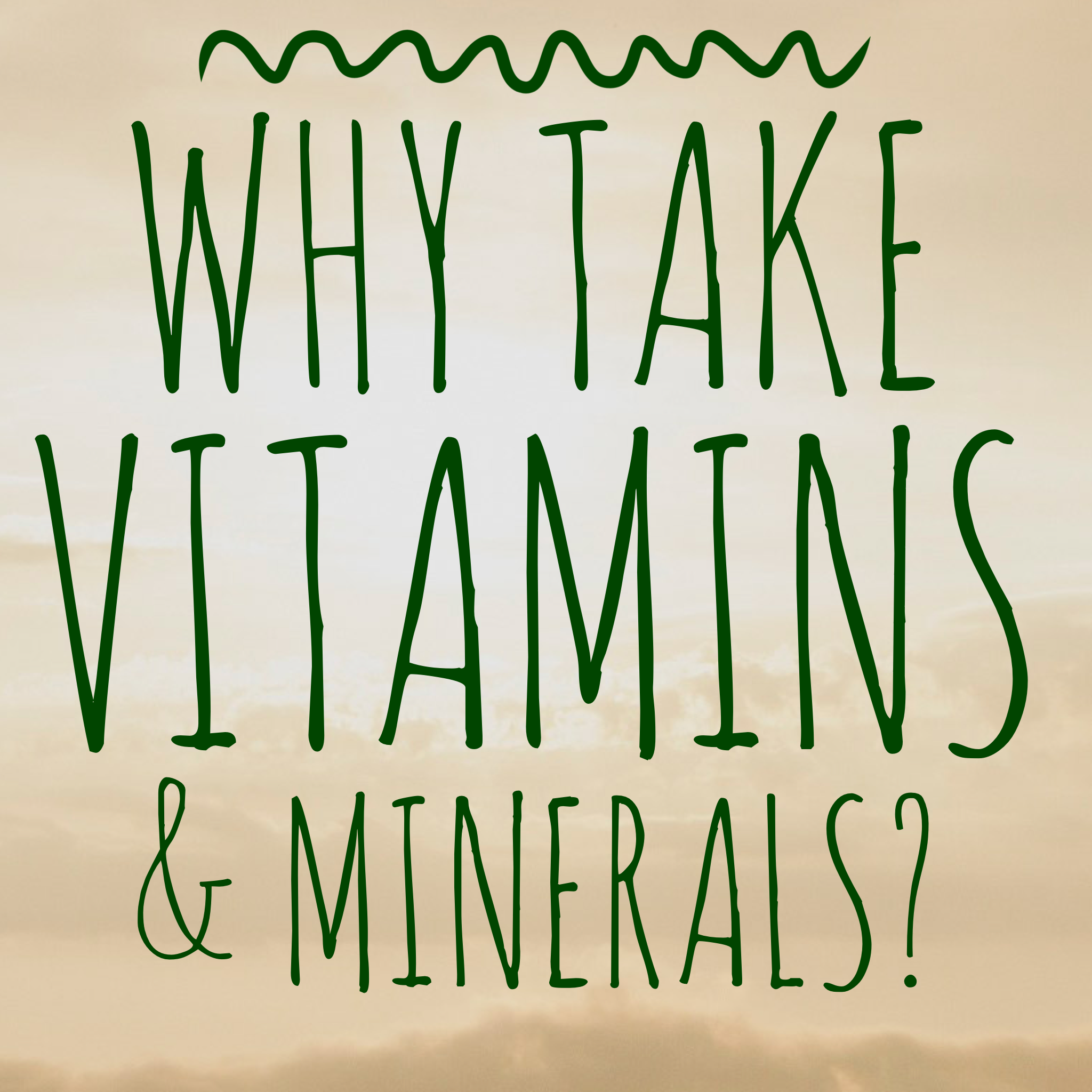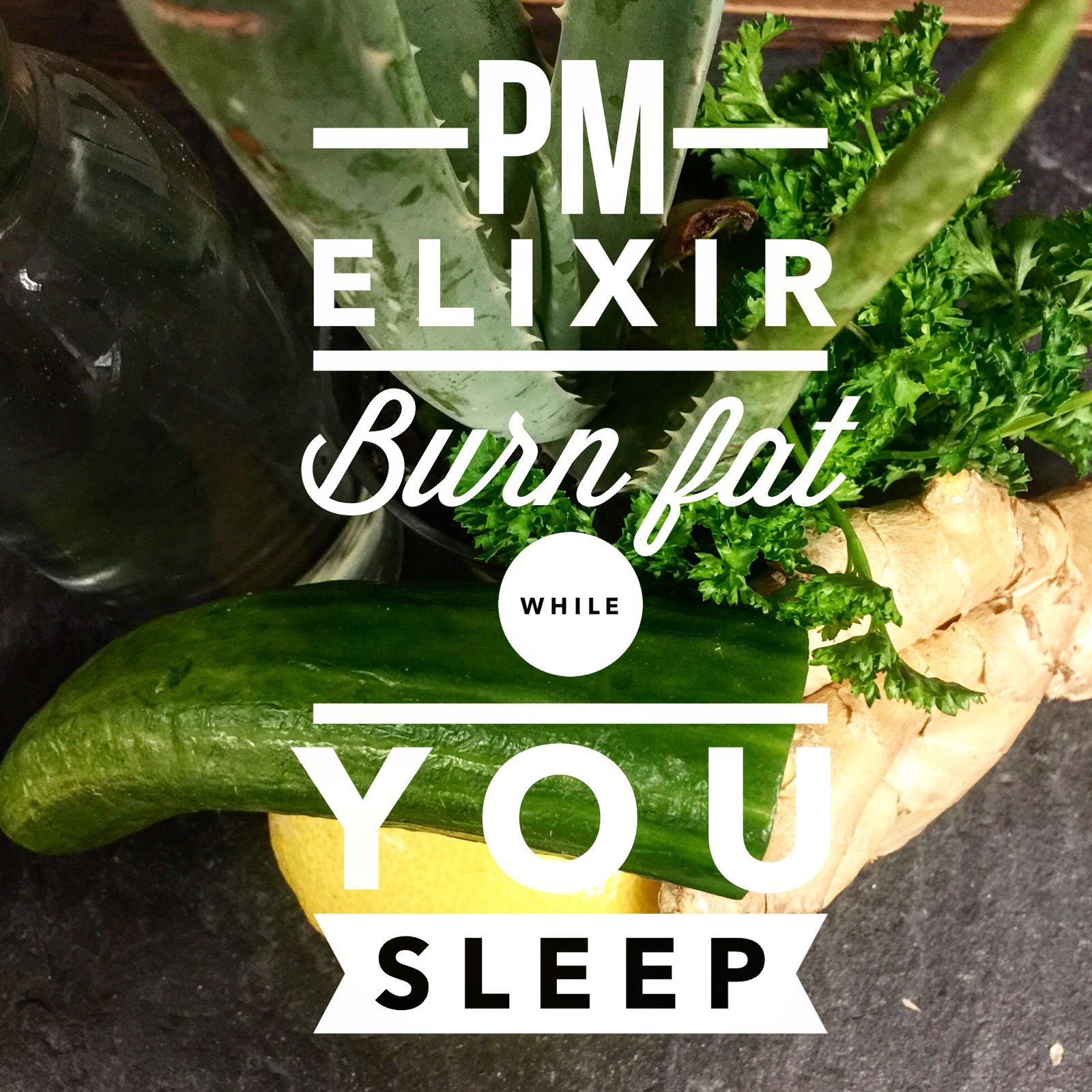Take Your Vitamins: 8 Reasons You Might Be Nutrient Deficient
Food scientists urge us to get our nutrients from a healthy diet (1), which follows logic, given that nature-made is often considered superior to man-made. But does that mean that if you’re already eating a healthy, balanced diet, you can write off supplements altogether?
A recent paper from the Council for Responsible Nutrition in Washington tells us that the answer to that question is “no.” (2) Following are eight reasons why you might not be getting your daily nutritional requirements. If any of these apply to you, it’s crucial to increase your intake of vitamins and minerals in the form of high quality, highly bioavailable supplements. Which we’ll get into in another article…quality is key..and although you can’t get quality vitamins for cheap, it’s just not possible, you can purchase vitamins that are expensive that aren’t absorbable. You need to source vitamins and minerals through companies/people that care and know!
Modern Commercial Farming Practices
When plants are repeatedly grown year after year in the same soil, the soil loses nutrients at a higher pace than it can replace them. This forces farmers to fertilize, which provides just enough nutrients to keep the plants alive until harvest, but not enough to give our bodies what they need. Felicity Lawrence, author of Not On The Label: What Really Goes Into the Food on Your Plate, reveals that this produces plants with up to 75% fewer micronutrients.
To make matters worse, these plants are never harvested at maturity and eaten right away—instead they travel cross-country and sit on market shelves for days—resulting in the degradation of what few nutrients the vegetables actually have when they’re picked. So even those of us actually eating healthy, organic, aren’t getting the nutrients we think we are.
What We Feed Our Animal Food Sources
Animals that graze are meant to eat grasses, but modern agriculture responded to the population boom by changing the diets of these animals to mass-produced grain, a food source that is at odds with these animals’ biological requirements. As a result, grain-fed meat is lower in antioxidants, micronutrients, fatty acids, minerals, and vitamins than meat from grass-eating and grass-finished livestock. (3)
This affects the milk we drink as well—obviously milk from grass-fed cows contains more of the good stuff. Since the majority of the nutrients in milk are found in the fat, low and non-fat versions have very little of what our bodies need. Furthermore, pasteurization destroys many of the nutrients that should be present in milk. This means that the best choice is organic, raw, unpasteurized, full-fat dairy, which is something that many people don’t have readily accessible.
You Have a Restricted Diet (and by restricted I mean you’d ned to consume over 25,000 calories to actual get the nutrients you need and there’s no nutrients in sugar!)
If you’re vegetarian or vegan, you probably already understand the importance of supplementing the nutrients you would otherwise get from animal products, like vitamin B12, calcium and iron. But what if you’re limiting your caloric intake for weight loss? If you’re eating fewer than two meals a day, or fewer than five servings of fruits and vegetables a day, chances are you’re nutrient deficient.
In fact, one study suggests that in modern society, a person would need to consume 27,575 calories per day to reach sufficient levels of the 27 most important micronutrients from food alone. These means you could eat non-stop day and night and still come up short in the nutrition department (4). The time and money that would consume just boggles the mind.
Some Nutrients We Never Get Enough Of
More than 50% of American adults are deficient in vitamin D because it’s virtually impossible to get enough from food. The alternative source—synthesizing the nutrient from sunlight—requires spending hours outside with our skin completely exposed, sans sunscreen, which poses risks not worth the reward.
Furthermore, more than 33% of women are short of the recommended levels of calcium, which is exacerbated by our vitamin D deficiency, since D is required for maximum calcium absorption. (5)
Magnesium! (article on JUST Magnesium) It’s not only not consumed enough of, it also gets depleted which is detrimental to over all health and significant to the women’s cycle and hormonal balance.
You’re Getting Older
None of us can escape the effects of time, so it’s best to arm ourselves with the knowledge of how to adapt to our changing physiology. As we age, our metabolism decreases, requiring us to eat fewer calories per day. However, our bodies need the same amount of protein, vitamins, and minerals and, in some instances, even more nutrients. Quite the conundrum, having to eat less, while still acquiring the same amounts or more of the vitamins and minerals we require.
Furthermore, our ability to absorb certain vitamins decreases as we age, due to decreased stomach acid. This puts vitamins B12, D and calcium high on the list of supplements recommended in our twilight years. (6)
 You Suffer From PMS
You Suffer From PMS
Extreme symptoms surrounding a woman’s menstrual cycle are thought to be the result of hormone imbalances. While avoiding salt, sugar, and caffeine, and getting adequate sleep and hydration helps, many sources suggest relief is to be found in increasing certain nutrients, such as vitamin B6, omega-3 fatty acids, and minerals such as zinc and magnesium. Even for women who already eat a healthy diet, taking supplements at certain times of the month could be the answer to symptoms that have plagued them their entire adult lives. (7) This is what JENIUS CYCLE has taken on to END PMS.
Alcohol interferes with the nutritional process by affecting digestion, storage, utilization, and excretion of nutrients. These nutrients cannot break down into usable molecules because alcohol decreases the secretion of digestive enzymes from the pancreas. Furthermore the process of metabolizing alcohol requires the liver to utilize nutrients, at which point the blood stream is called upon to replenish the supply. (8)
Therefore, if you drink more than three alcoholic beverages per day, it is recommended that you seek supplemental sources of vital micronutrients.
You Take Prescription Meds
Because prescription medicines are often accompanied by a slew of side effects, chances are if you take them, you may be in need of extra nutrients. The reasons for this are as varied as the medicines on the market: some decrease appetite, others change the PH of the GI tract reducing the body’s ability to absorb nutrients, while still other cause insulin resistance and cravings for bad food. (9)
 I’m very particular with what I put into my body and the Jenius Cycle packs are all top quality, absorbable vitamins and minerals.
I’m very particular with what I put into my body and the Jenius Cycle packs are all top quality, absorbable vitamins and minerals.
You can purchase the individual bottles of Health-ful-bone and Healthful Greens & Reds here in the Jenius Shop.
(1) “A review of dietary supplementation suggests that although supplements may be beneficial in states of insufficiency, the safe middle ground for consumption likely is food.” http://ajcn.nutrition.org/content/89/5/1543S.abstract
(2) https://www.ncbi.nlm.nih.gov/pubmed/24724766
(3) https://www.ncbi.nlm.nih.gov/pubmed/19502506
(4) https://www.ncbi.nlm.nih.gov/pubmed/20537171
(5) http://www.prevention.com/mind-body/natural-remedies/do-women-really-need-multivitamins
(6) http://www.webmd.com/healthy-aging/features/nutritional-needs-change-as-you-age
(7) http://www.webmd.com/women/features/escape-hormone-horrors-what-you-can-do#2
(8) https://pubs.niaaa.nih.gov/publications/aa22.htm
(9) https://nutritionreview.org/2016/12/practical-guide-avoiding-drug-induced-nutrient-depletion/




